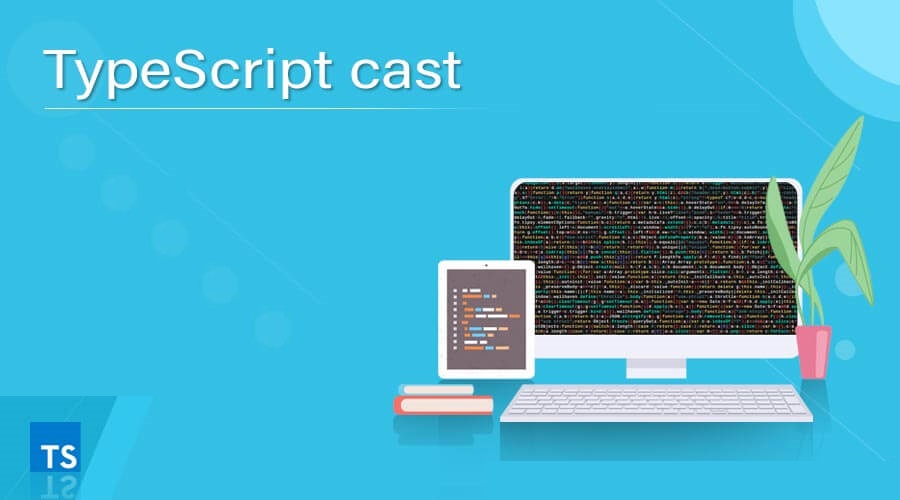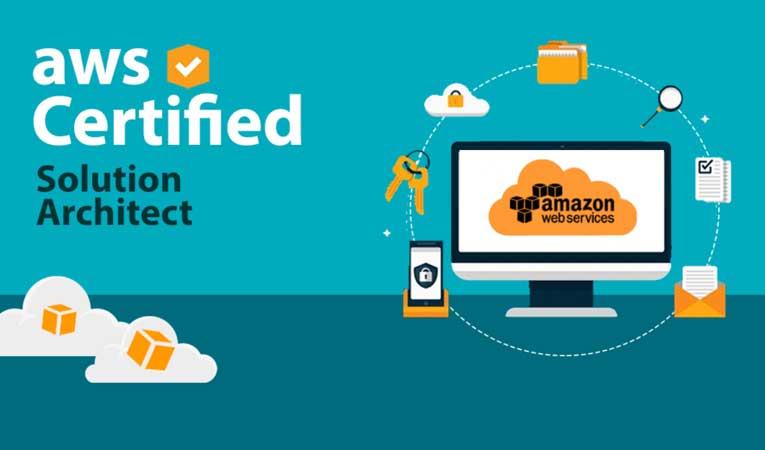Revolution of Online Education: Advantages And Disadvantages

Coronavirus pandemic has triggered new ways of learning and has accelerated the process of adoption of ‘online’ as a viable mode for learning in 2020.
The COVID-19 lockdown came as a "stun" for several understudies as coaching classes and schools closed suddenly after the government declared a 21-day across the nation lockdown from March 25 to check the spread of the coronavirus. However, in 2020, one of the foremost oft-used terms after the pandemic is the term “new normal.” And the new normal in education is the increased use of online learning tools.
Coronavirus pandemic has triggered new ways of learning and has accelerated the process of adoption of ‘online’ as a viable mode for learning in 2020. Within the past few months, the demand for online learning has risen significantly, and it'll proceed to do so within the future. At the side of guardians and students, for numerous educational institutes, 'online learning' is a totally new way of instruction that they have never experienced.
"This is particularly advantageous for individuals from level 2-3 towns, who had limited choices. However, it is challenging for parents and teachers alike as this is often not a medium they have involvement with. They are still trying & testing to guarantee that they have the kid's attention or not.
The number of those enlisting for virtual classes has seen exponential rises and the slant is likely to remain, the experts from the education industry said.
As with most teaching strategies, online learning has its own set of advantages and drawbacks.
Advantages of Online Education:
1. Online courses are convenient:
The primary self-evident advantage of online classes is the sheer convenience factor because it permits students/teachers to attend/take classes from any location of their choice. It spares hours as neither students nor teachers required to travel to a physical location for the classes.
2. Online courses offer flexibility:
The students have more prominent adaptability in choosing when the best time to study. Students can look for whatever video they might have missed and caught up on the lesson afterward! All they require is an active internet connection and a computer or a smartphone.
3. Online courses Reduces costs:
The major points of interest in online instruction come down to financial matters. Online classes lower the huge sum of cash for the learning institution and students. As institutes don't need to depend on reserving a physical area to instruct courses, it eventually interprets to more cost-effective classes for the student.
Also, having to show up at a physical classroom area increases travel costs for students. Online learning cuts numerous of these costs, including those related to hiring educators, booking an office, printing materials, and travel. Indeed all the courses or study materials are accessible online.
4. Online courses Tech Savvy:
As we are now entering a new era — the transformation of online education, online classes have changed the concept of conventional education profoundly. It is additionally making a difference for students as well as instructors to develop their tech skills.
Disadvantages of Online Education:
1. Lack of social interaction:
In a traditional classroom, Some students find comfort in group studies, lively group discussions, and thus easy access to professors or their fellow students. However, these moments do not arise in online learning. For some, these face-to-face interactions are a must to bring the material to life.
2. Technology Issues:
The classic disadvantages of online classes center around technical difficulties. While on one hand, online education boosts the technical skills of students/teachers, it has also emerged as another key challenge for them. Online classes are completely dependent on proper internet connectivity and functional systems(computers or smartphones). In smaller cities and towns, a consistent connection with decent speed is a problem. Without a consistent internet connection for students or teachers, there can be a lack of continuity in learning for the child.
3. Online courses require good time-management skills:
An Internet-based course demands that you develop personal time-management skills. As with most things, if you don't manage your time properly, you will find yourself buried beneath a seemingly insurmountable mountain of coursework. Online courses require the self-discipline to set aside chunks of time to complete your studies. It means you have to make online studying a priority and not let other activities interfere. Sometimes, it means making difficult choices.
4. Online courses require you to be responsible for your own learning:
Only you are responsible for your learning. I can't force it on you. I can't make your study. I can share a little knowledge and experience, show you a few tools, and hope you get it. The spark and desire to pursue your dreams must be yours.
So, in a philosophical sort of way, the real disadvantage to an Internet-based course is that you might not own up to it. You might not take responsibility for your studies and your goals. You might get way behind and never catch up.
Also Read: Cyberattack on the US govt may have started earlier than initially thought.
Create a mobile app with geolocation, Maps in 5 minutes: Google













